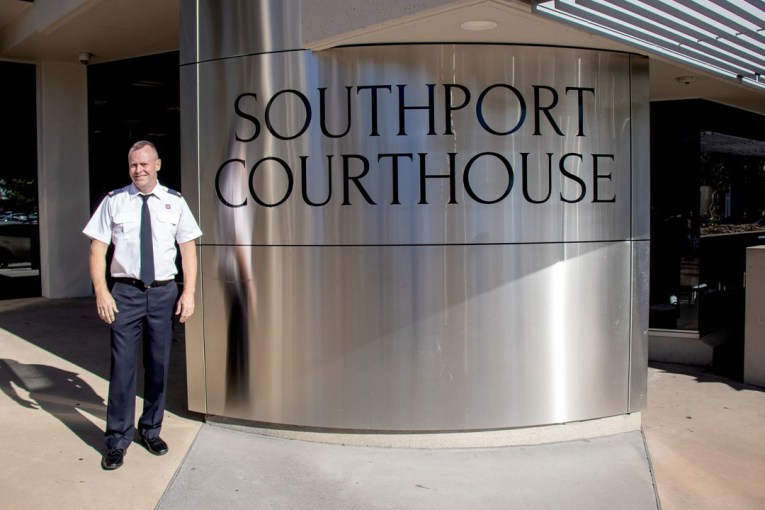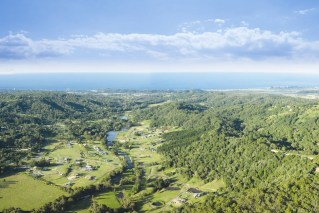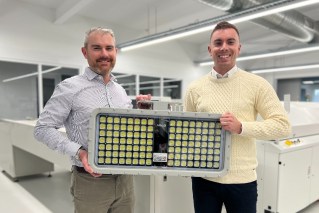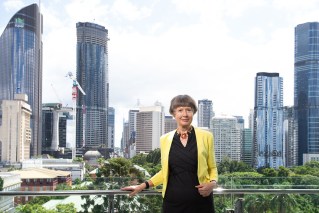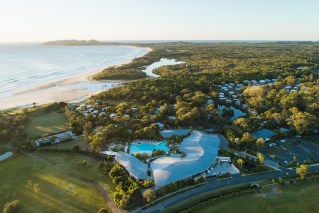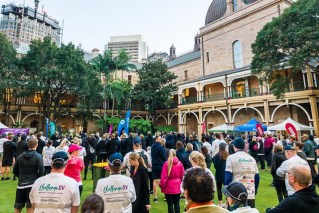
Organic economy gets a wriggle-on from compost industry boom
Innovative Gold Coast businesses are strengthening the city’s position as a key player in the rapidly growing organics recycling and soil fertility industry.
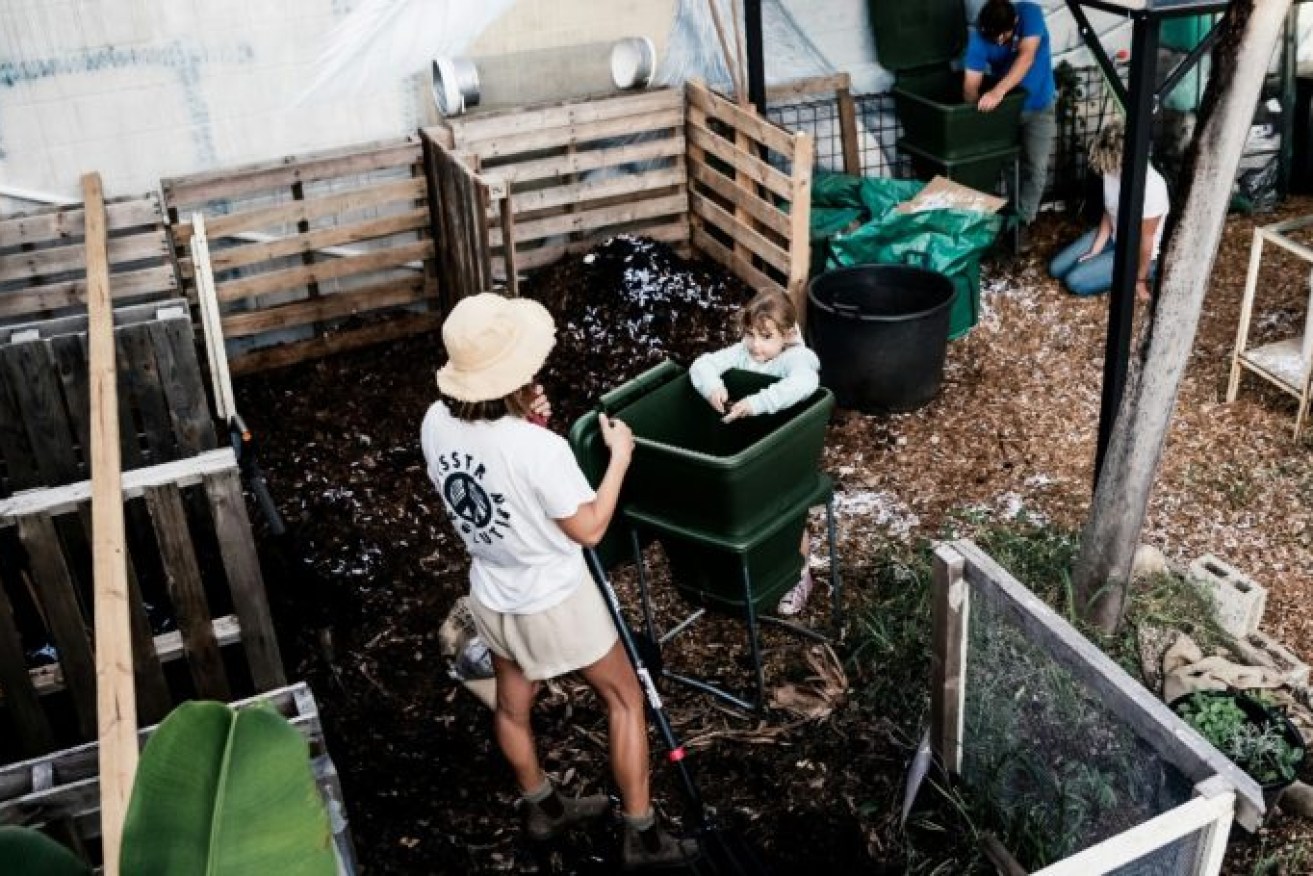
Seed the Ground is a not-for-profit organisation that collects and composts two tonnes of spent coffee grinds from local cafes. (Image: @amydeboer_photography/Instagram)
Joining the Gold Coast’s traditional reputation built on the tourism attributes of sun, sand and surf, is the healthy soils push, which is increasing the capacity and economic contribution of organics recycling operations in South East Queensland.
Gold Coast-based Wormtec is at the forefront of the composting movement, supplying organic microbial fertiliser development to support healthy soil across Australia and worldwide.

Wormtec bulk liquid fertiliser can also shipped all around Australia.
“It’s getting bigger every week,” Wormtec owner and founder Greg Plevey said.
“We’re currently pushed about as far as we can be pushed.”
Having developed innovative technology to extract soil microbes from high-grade worm castings and composts, Plevey said the niche product was in high demand across agricultural sectors.
“It’s real science and real innovation that goes back to how nature intended your soil to be,” he said.
“We’ve had to go backwards to go forwards, but it’s what’s needed to help keep future generations of farmers on the land and the land sustainable.”
Just north of the Gold Coast, NuGrow is Queensland’s largest recycling and sustainable waste management operation, upending the “take-make-dispose” economy by transforming organic waste into premium soils, high-grade composts, and soil fertilisers and conditioners.
In the past 18 months, its recycled green organics and compost have transformed Gold Coast sports fields, city landscaping projects and a road upgrade.
At the other end of the scale, there is a groundswell of small not-for-profits and start-ups growing from the composting wave.
At the southern end of the Gold Coast, Miami coffee shops have emerged as fertile sources for community composting hub Seed the Ground, which is in the process of tripling its output after just six months of operation.
Seed the Ground is a not-for-profit organisation that scaled up from a pilot project aiming to collect and compost two tonnes of spent coffee grinds from local cafes and turn it into compost for use in home and community gardens.
Co-founder Jess Maxted said the operation started as simply collecting the nitrogen-rich coffee grinds from the coffee shops, then adding wood chips dropped off by local arborists and untreated sawdust from the local Men’s Shed, to produce one-metre compost cubes.

Photo: @amydeboer_photography on Instagram
Six months on, the organisation was now looking to produce compost from six tonnes of waste and coffee grinds by March next year, she said.
“We started doing it as general awareness and doing something for the community, collecting coffee grinds from six cafes in Miami and educating people in the community and online about composting.
“It’s been well received, but people are really now starting to see value in it,” Maxted said.
“The compost has been tested at Southern Cross University and meets Australian Compost standards, and we’ve been putting it out there for locals to collect.
“So now we’re building on the relationships we’ve developed, there’s been a lot of interest, and we can replicate this model in different suburbs.”
Major tourism operations have also embraced the city-wide effort.
The Ecotourism-accredited Currumbin Wildlife Sanctuary said its latest waste report showed that more than 70 per cent of the Sanctuary’s waste was diverted from landfill each month for the past 13 months.
The report also showed the Sanctuary’s conservation practises saved 31 trees, 9.874kWH of electricity and 77kL of water in July 2021 alone.
In the past year, more than 59 per cent of all organic waste produced at the Sanctuary was diverted and turned into fertilizer.
Currumbin Wildlife Sanctuary General Manager Michael Kelly said sustainable practices were an integral part of everyday operations at Currumbin Wildlife Sanctuary.
“By diverting our waste into fertilizer, we can be more self-sufficient in taking care of the precious flora and fauna that call the Sanctuary home,” Kelly said.
